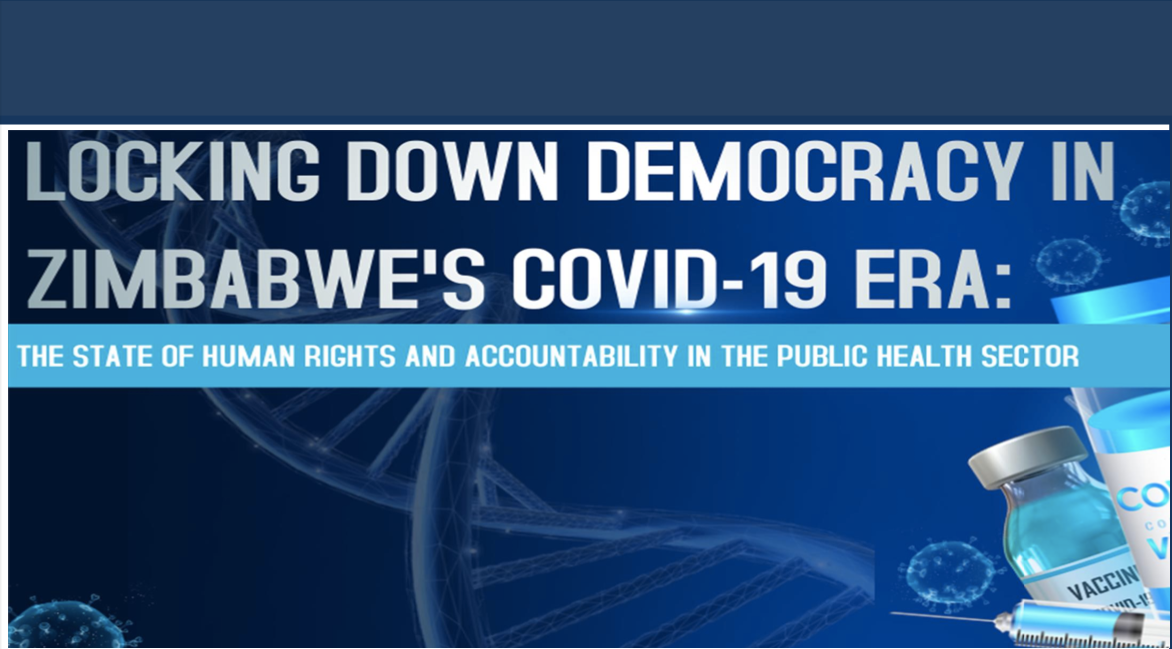The study reveals that the public health sector in Zimbabwe suffers political-institutional designs and institutional weaknesses that inhibit quality service delivery in the context of the Covid-19 pandemic. Institutional weaknesses identified in the study are traceable to patronage networks that have enabled rampant corruption and poor service delivery in the health sector. The study posits that instead of plugging the gaps of corruption in the sector, the government has resorted to creating political-institutional designs that have worsened the challenges of poor service delivery and incapacitation in the public health sector. These institutional designs include patronage networks, identity politics and militarisation of the public health sector. Militarisation has been done in three related approaches – militarisation by recruitment, militarisation by deployment and militarisation by appointment. It is exposed in this study that the political-institutional designs put in place have led to incapacitation of the public healthcare that manifests in form of a de-motivated, intimidated and disgruntled workforce, industrial action, brain drain due to the exodus of skilled workforce in the sector and linguistic barriers to healthcare delivery.
The objectives of the study were:
1. To interrogate the state of human rights in the public health sector in the context of Covid-19;
2. To document citizen oversight and perception outcomes on corruption, transparency and accountability in the public health sector in the context of Covid-19;
3. To interrogate the extent of impartiality in staffing and deployments in the public health sector in the context of Covid-19.
Click here to download the report or on the link below:



